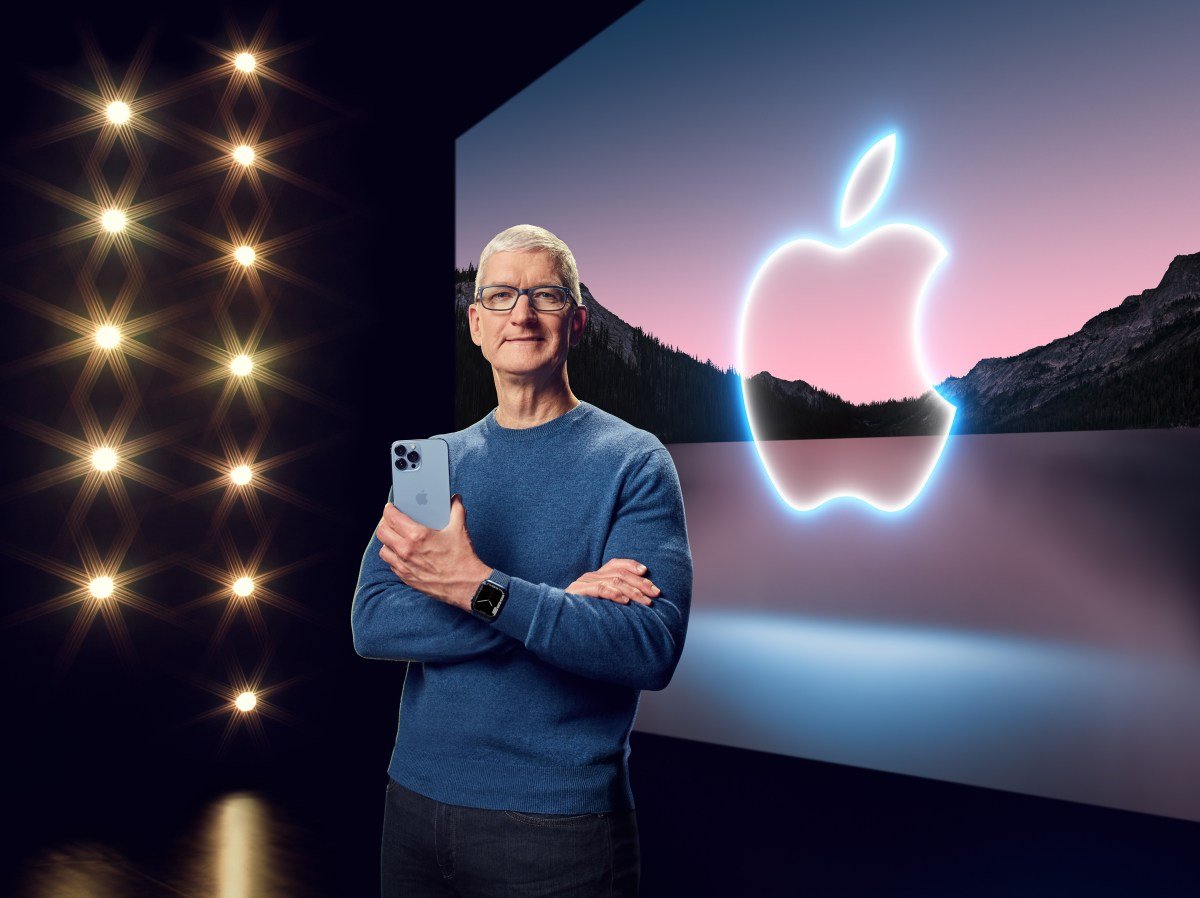Apple is fighting back against the Department of Justice’s (DOJ) antitrust case, which accuses the tech giant of monopolizing the mobile market. The lawsuit alleges that Apple strategically controls and limits competition through its dominant position in the industry.
Apple is adamantly rejecting the claims, stating that the DOJ’s case is misguided and threatens the very core of its mobile ecosystem – a system that customers value and appreciate. In a statement provided to TechCrunch, Apple expressed its concern that the lawsuit could potentially dismantle the unique features that differentiate its products from the rest of the market. Apple even managed to take a dig at Google in its response.
The lawsuit is centered around two specific market definitions – “performance smartphones” and “US smartphones”. However, Apple argues that these definitions are narrow and designed in a way to fit the DOJ’s case. The tech giant stands behind its 20% global smartphone market share as the only meaningful market definition.
During a briefing session with journalists, Apple countered the DOJ’s claims, saying that they are desperate attempts to frame Apple as a monopoly, similar to the antitrust case against Microsoft in the 1990s. However, Apple highlighted that it holds only around 20% of the global smartphone market, while Microsoft at the time had a 95% market share.
In its defense, Apple also pointed out the significant strides it has made in creating a marketplace for developers and consumers. It stated that the number of paid developers on the App Store has increased by 374% in the past decade, from 1.1 million to 5.2 million. The tech giant also highlighted the growth in commerce generated by developers on its platform.
However, Apple has accused a few commercial interests of being the driving force behind the lawsuit. It pointed to the Coalition for App Fairness, an organization consisting of companies like Epic Games, Spotify, Match Group, and Basecamp, which has been pushing for more access to the Apple platform. In response to the DOJ’s lawsuit, the Coalition welcomed the “strong stand against Apple’s stranglehold over the mobile app ecosystem.”
Apple’s argument is that its strict App Store rules are designed to protect the interests of consumers, ensuring a high level of service, privacy, and security. The tech giant also maintains that there is no legal obligation on its part to design its technology to benefit its competitors.
At the crux of Apple’s defense is the idea that the DOJ’s case completely ignores the experience and value consumers place on the Apple ecosystem, leading them to prefer iPhones over Android phones. The tech giant believes that a win for the government would result in reduced consumer choice by undoing core features of its mobile ecosystem.
Moreover, Apple representatives expressed their concerns over the DOJ’s shifting position on the case, claiming that it has changed tack multiple times over the past four years, resulting in a case that lacks consistency and substantial evidence.
Despite the lawsuit, Apple stands firm in its position and is aggressively briefing that the case will ultimately fail, referencing past judgments and legal battles where it has not been found guilty of monopolizing the market. Apple also promised to continue increasing access and opportunities for third-party apps and accessories on its platform.
For more information on the antitrust case against Apple, click here.









[…] accusing the company, led by CEO Tim Cook, of implementing anti-competitive business practices. The lawsuit alleges that Apple restricts competitors from accessing certain features of the iPhone and that […]